Environment, Forest and Climate Change Minister Saber Hossain Chowdhury has emphasized the importance of Japan's ongoing support in Bangladesh's transition to a green, sustainable, and prosperous nation through green investments, capacity-building, and technology transfer. During a bilateral meeting with Japan's State Minister of Environment Motome Takisawa at the Bangladesh Permanent Mission to the UN in New York, Minister Chowdhury highlighted Bangladesh's commitment to becoming a champion and role model in environmental initiatives, rather than being perceived as a victim. He urged Japan to invest in realizing the Mujib Climate Prosperity Plan (MCPP), which aims to elevate Bangladesh from vulnerability to resilience and ultimately to prosperity.
Minister Chowdhury also sought Japan's assistance in achieving Bangladesh's methane reduction goals, aligning with its upcoming Nationally Determined Contributions (NDC) and actions to reduce emissions. He emphasized the significance of research, knowledge sharing, and capacity building in environmental, biodiversity, forest, and climate change domains. Additionally, he proposed enhancing cooperation between Japan and Bangladesh through the Joint Crediting Mechanism (JCM), focusing on capacity building under the Department of Environment.
In response, State Minister Takisawa acknowledged Bangladesh's dedication to environmental sustainability, citing long-term initiatives such as the Delta Plan 2100. He referenced existing cooperation between the two countries, including through the Asia Pacific Climate Change Adaptation Information Platform (AP-PLAT), and highlighted the potential for collaboration in new waste management technologies.
The ministers discussed upcoming multilateral negotiations, including the Conference of Parties to the UN Convention on Biological Diversity (UNCBD), Framework Convention of Climate Change (UNFCCC), and UN Convention on Combating Desertification (UNCCD), as well as ongoing negotiations of the Plastic Treaty. They expressed a shared commitment to enhancing bilateral collaboration in combating climate change, waste management, disaster risk reduction, and early warning systems. Both parties agreed in principle to proceed with concluding a memorandum of cooperation to deepen the Bangladesh-Japan relationship in the field of environment, sustainability, and climate change.
Minister Chowdhury's engagement in New York also included discussions with the Convenor of Stop Ecocode Foundation, focusing on positive developments in addressing large-scale environmental crimes and opportunities to enhance national legislation in this regard.
These interactions underscore Bangladesh's proactive approach to environmental and climate change issues, as well as its commitment to fostering international partnerships to advance sustainable development and environmental resilience.



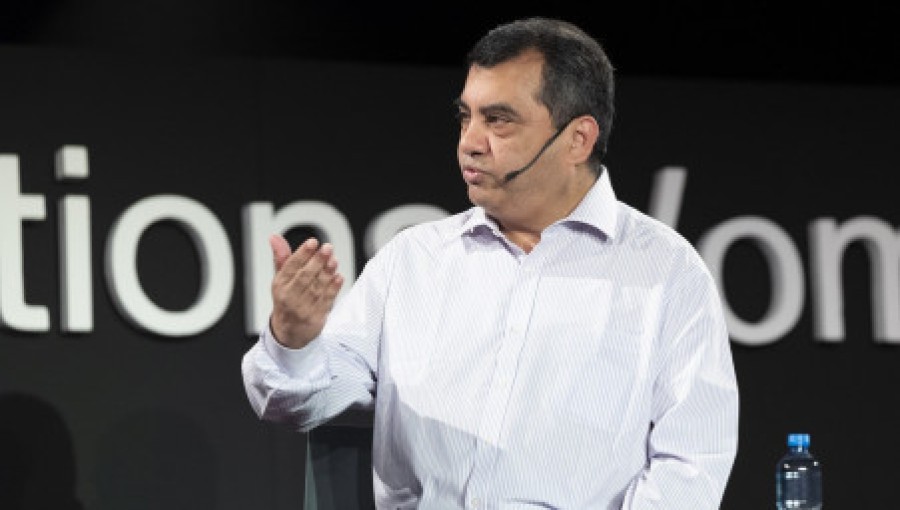



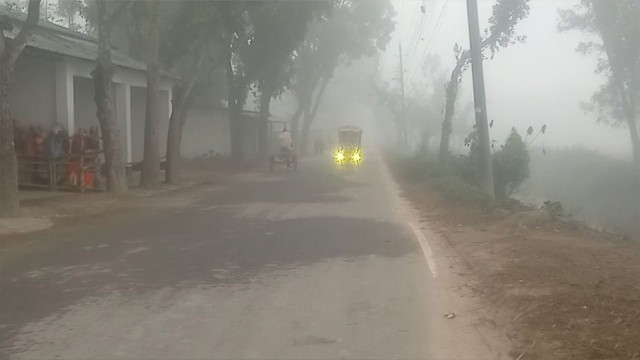







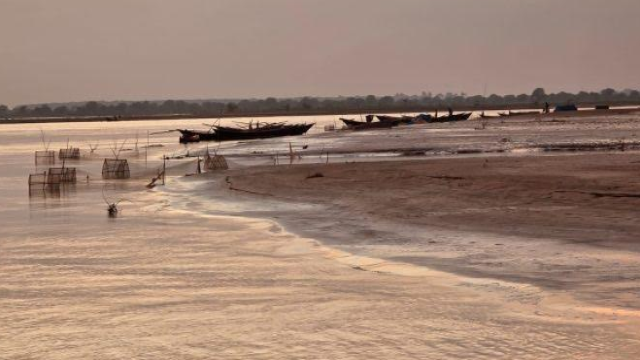
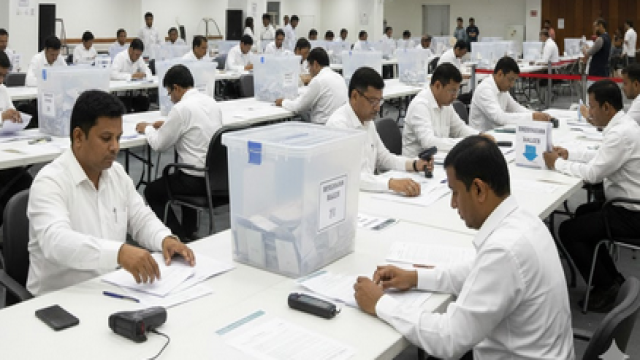
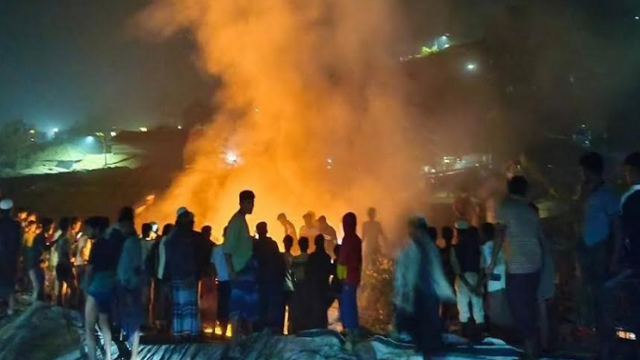

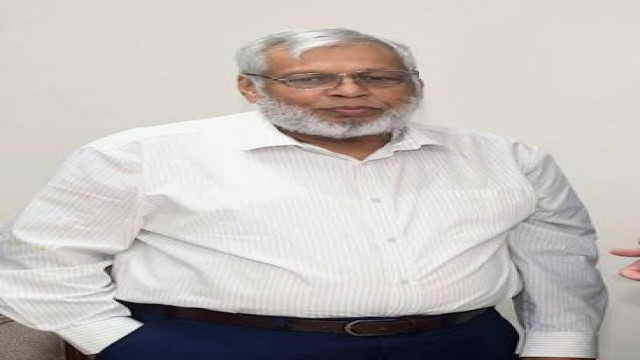











Comment: